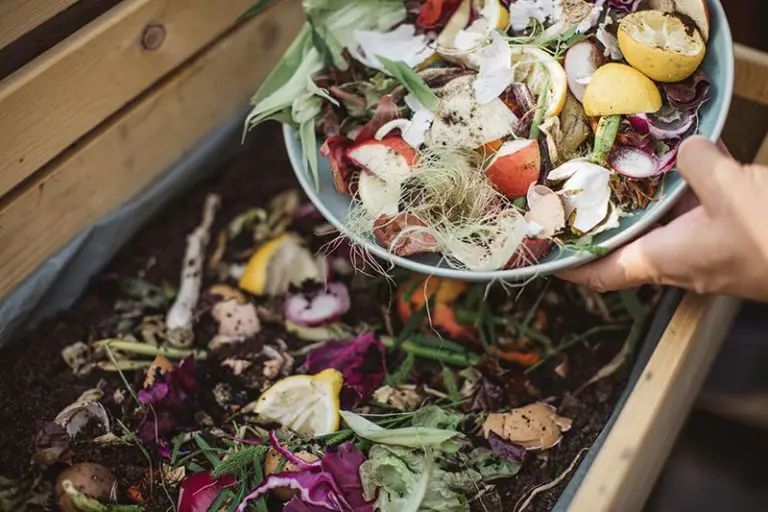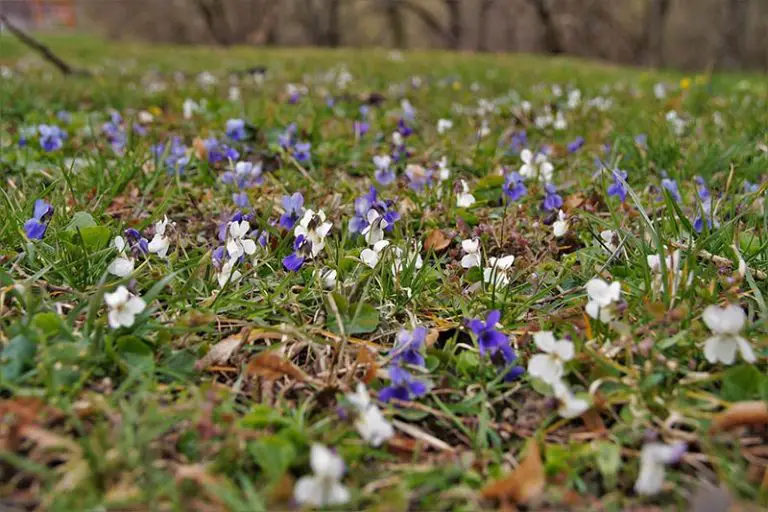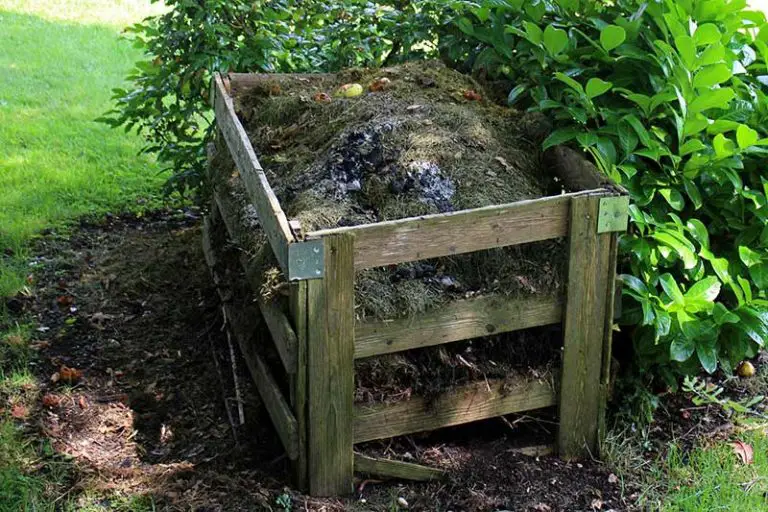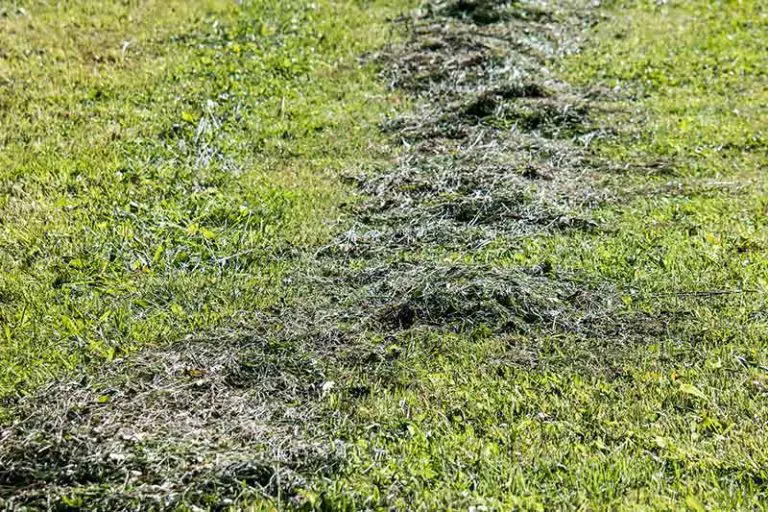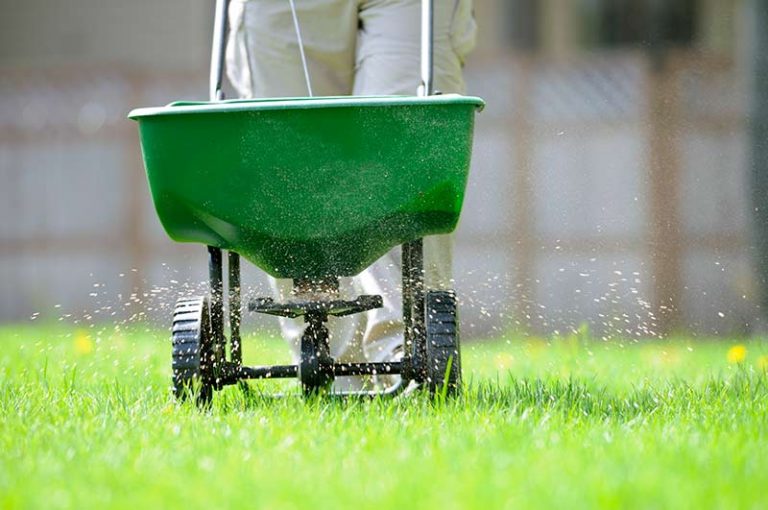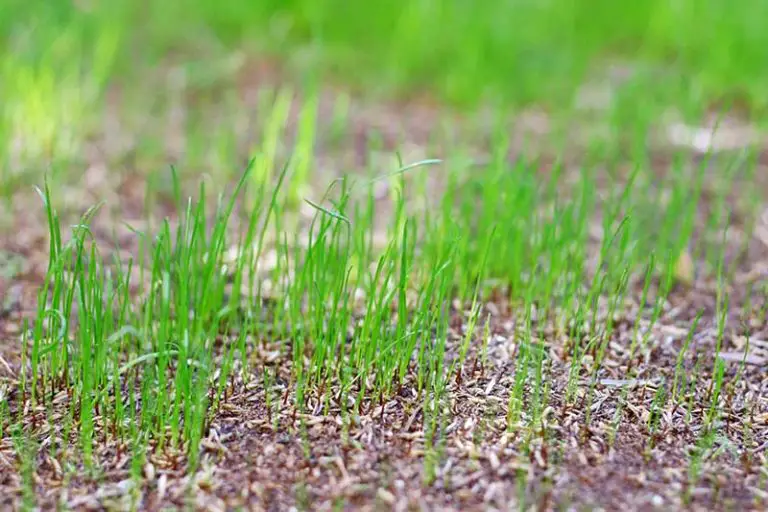Compost vs. Fertilizer: What’s the Difference?
The main difference between compost and fertilizer lies in how they work to improve the growing conditions for your plants. Fertilizer has the primary use of delivering concentrated doses of specific nutrients directly to plants; compost is instead more of a multipurpose substance that mainly benefits the structure and nutrient content of the soil. Serving different purposes, these two substances are not interchangeable with one another. It’s therefore best practice to use both fertilizer and compost in combination to reap the full benefits of both substances.
When it comes to giving your plants the nutrients they need to thrive, both compost and fertilizer are popular choices among gardeners. However, understanding the key differences between these two soil amendments is essential for making the best decision for your garden’s health and productivity.
Compost, a nutrient-rich organic matter derived from the decomposition of plant and animal materials, provides a balanced blend of essential nutrients and improves soil structure for better water retention and air circulation.
On the other hand, fertilizer, a concentrated source of essential nutrients, can be either organic or synthetic and typically focuses on a specific set of nutrients to improve plant growth and yields.
Defining Compost and Fertilizer
What is Compost?
Compost is a nutrient-rich, organic material that results from the decomposition of various waste materials, such as plant clippings, kitchen scraps, and other biodegradable items. It is used as a soil amendment to improve soil structure, water retention, and provide essential nutrients for plant growth.
The composting process involves microorganisms, such as bacteria and fungi, breaking down organic matter into a stable, humus-like substance. This process typically takes place in a designated compost pile or bin and can take several months to complete.
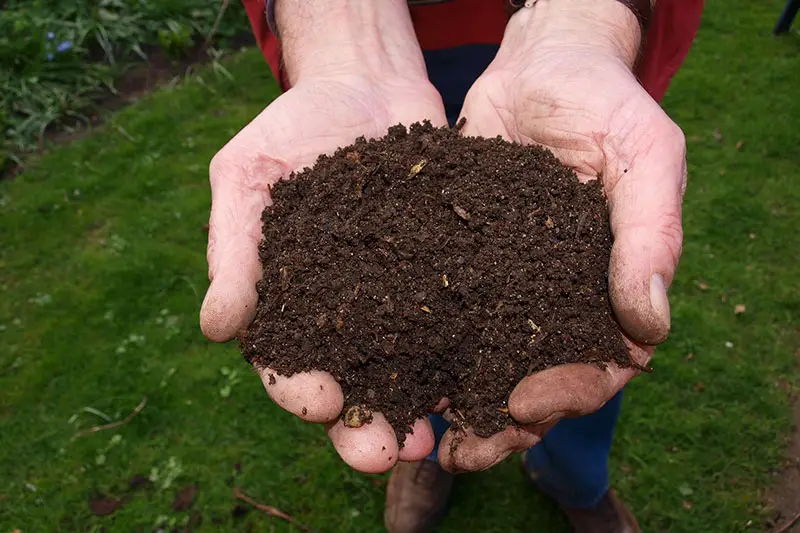
What is Fertilizer?
Fertilizer is a chemical or natural substance that is added to soil to supply specific nutrients required for plant growth. Fertilizers can come in various forms including granular, liquid, and slow-release. They typically contain a combination of essential nutrients, such as nitrogen (N), phosphorus (P), and potassium (K), which are referred to as macro-nutrients.
There are two main types of fertilizers: organic and inorganic. Organic fertilizers are made from naturally occurring organic materials, such as manure, bone meal, or blood meal. Inorganic fertilizers, also known as synthetic or chemical fertilizers, are made from mineral salts that are chemically processed to provide essential nutrients.
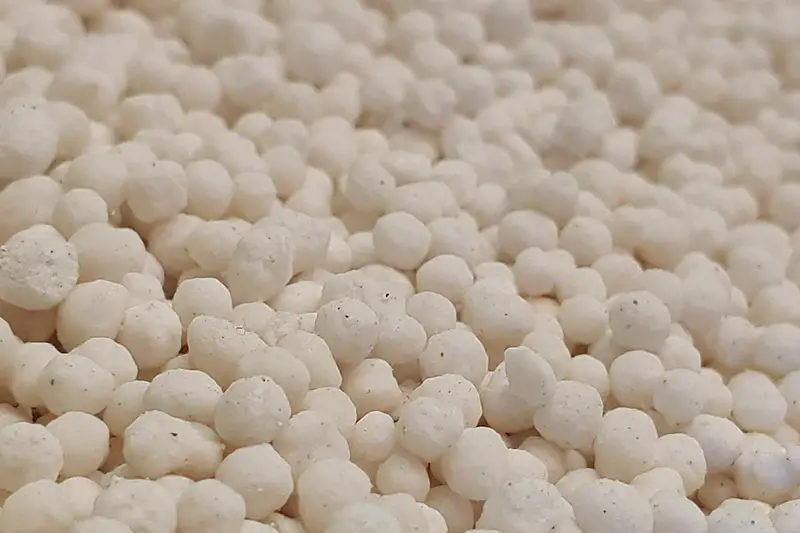
Organic and inorganic fertilizers can be further categorized based on their nutrient content and intended use:
- Complete fertilizers: These fertilizers contain all three macro-nutrients (N, P, and K) and are typically used for general plant growth and maintenance.
- Partial fertilizers: These fertilizers only supply one or two of the major nutrients and are often used to address specific nutrient deficiencies or to meet the unique nutrient requirements of specific crops.
Key Differences
Composition
Compost is made from decomposed organic materials like leaves, grass clippings, kitchen waste, and animal manure. It improves soil structure by adding humus and organic matter, helping to retain moisture and promote beneficial microorganisms.
Fertilizer, on the other hand, supplies nutrients to plants in the form of chemical compounds or mined minerals. Synthetic fertilizers are made from inorganic materials and usually contain specific ratios of nitrogen (N), phosphorous (P), and potassium (K).
Nutrient Release
Compost releases nutrients slowly, as the organic matter breaks down over time. This allows plants to absorb nutrients at a steady rate, rather than all at once.
Fertilizers, especially synthetic ones, provide a more immediate but sometimes short-lived boost by quickly releasing nutrients into the soil. The speed at which nutrients are released depends on the type of fertilizer, whether fast-release or slow-release.
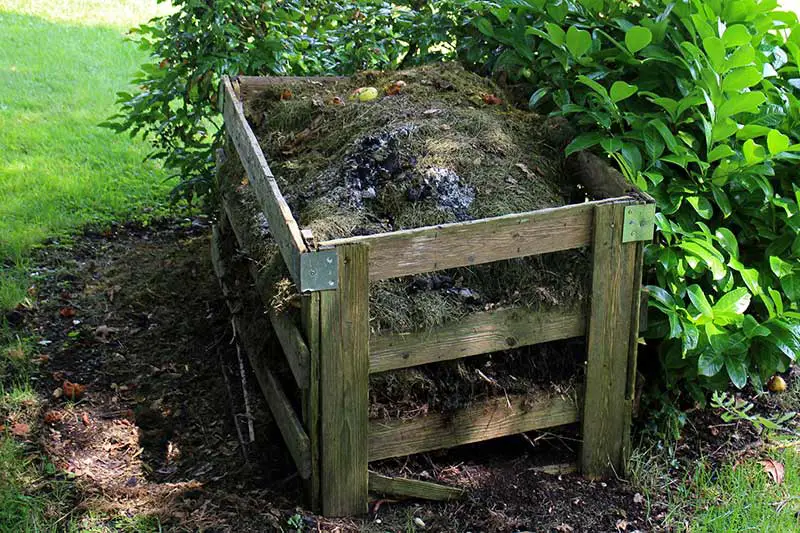
Environmental Impact
Composting benefits the environment by recycling organic waste, reducing greenhouse gases, and preventing water contamination. It helps to conserve resources and support the natural ecosystem.
On the other hand, the production and use of synthetic fertilizers can contribute to air and water pollution, loss of biodiversity, and soil acidification. In contrast, organic fertilizers have fewer negative environmental impacts, as they are derived from naturally-occurring sources.
Cost and Availability
Compost can be made at home or sourced for free from community composting programs, making it an affordable and accessible option. Commercially available compost may also be relatively inexpensive, especially when sourced locally.
Fertilizers, particularly synthetic ones, can be more expensive and often require purchasing from a store or supplier. Additionally, organic fertilizers may not be readily available in all areas, and their cost varies depending on the source.
Benefits of Using Compost
Compost offers several advantages to plant growth and soil health. Here are a few key benefits:
- Nutrient-rich: Compost contains macro and micronutrients that are essential for plant growth, such as nitrogen, potassium, and phosphorus.
- Soil structure: The addition of compost improves soil texture, helping to promote healthy root development and water retention.
- Reduced waste: Composting utilizes organic waste materials, thereby reducing waste sent to landfills and promoting a more sustainable approach to gardening.
Moreover, compost helps maintain a healthy ecosystem by supporting the presence of beneficial microorganisms. These microorganisms aid in the decomposition of organic matter, which in turn provides more nutrients for plants.
Lastly, compost can act as a natural alternative to chemical fertilizers, lessening the risk of nutrient leaching and groundwater contamination.
Benefits of Using Fertilizer
Fertilizers provide essential nutrients to plants, promoting their growth and improving overall health. They can be easily applied to the soil in various forms, such as granules or liquid solutions.
Here are some key benefits of using fertilizers:
- Nutrient Supply: Fertilizers can deliver the necessary nutrients to plants, such as nitrogen, phosphorus, and potassium, which helps them attain their full growth potential.
- Speedy Results: Fertilizers act quickly, showing results within a short period. This can be beneficial for gardeners and farmers looking to accelerate plant growth and production.
- Better Crop Yields: The proper use of fertilizers can significantly enhance crop yields, leading to increased food production and supporting the agricultural industry.
- Soil Fertility Enhancement: Some fertilizers also contribute to improving soil fertility when applied properly, creating an ideal environment for plant growth.
However, when using fertilizers, it’s essential to be cautious and follow specific guidelines to prevent over-application, which can negatively impact the environment and plant health.
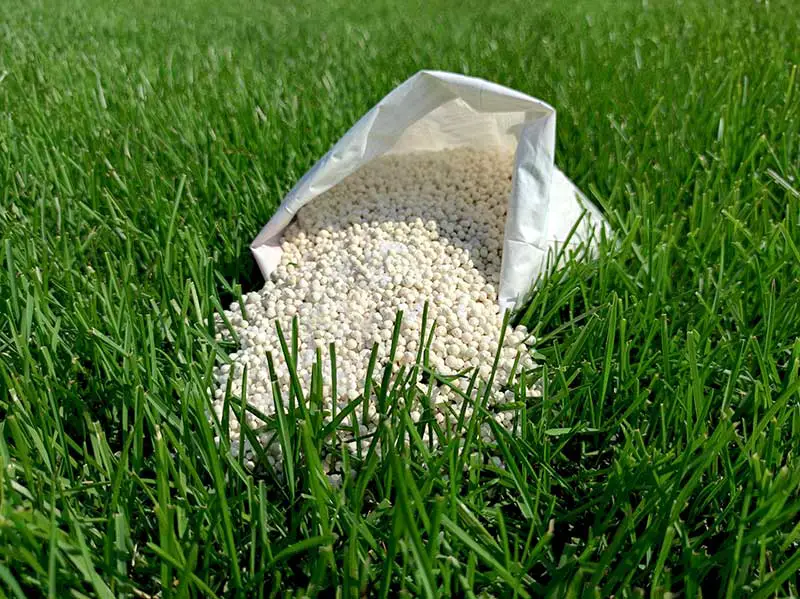
How to Choose the Right Option
When deciding between compost and fertilizer for your garden, it’s essential to consider the specific needs of your plants and soil. The choice often depends on factors like the type of plants, soil conditions, and your overall gardening goals.
Compost is an excellent choice for improving soil structure, water retention, and providing a slow release of nutrients. It’s ideal for:
- Establishing new garden beds
- Maintaining healthy soil in established gardens
- Supporting the growth of a wide variety of plants
Fertilizers, on the other hand, provide targeted nutrients to address specific deficiencies or boost plant growth. Consider using fertilizers when:
- You’ve identified specific nutrient deficiencies through a soil test
- Supporting plants with high nutrient demands during crucial growth stages
- Wanting a quick, short-term solution for plant growth
It’s worth noting that using compost and fertilizers together can offer the best of both worlds. To strike a balance between soil health and targeted nutrients, consider the following approach:
- Use compost as a soil conditioner to improve overall soil health
- Apply targeted fertilizers to address specific nutrient needs or boost plant growth
- Test your soil regularly to monitor nutrient levels and adjust your approach accordingly
By evaluating the specific needs of your garden and plants, you can make an informed decision on whether to use compost, fertilizer, or a combination of both.
Combining Compost and Fertilizer
While both compost and fertilizer have their individual benefits, you may be wondering if there’s a way to combine them for optimal results. Doing so can be beneficial, as it brings together the best of both worlds.
Compost is rich in organic matter, which improves soil structure and attracts beneficial organisms. In contrast, fertilizer offers a quick nutrient-fix that plants can easily absorb to grow strong and productive. Combining these two soil amendments can create a balanced environment for your plants to thrive.
When using compost and fertilizer together, consider the following tips:
- Use compost as a soil amendment, mixing it into the soil before planting. This will improve soil structure, nutrient content, and moisture retention.
- Select an appropriate fertilizer for the specific needs of your plants. A balanced, slow-release fertilizer is often a good choice.
- Apply fertilizer according to package instructions to avoid over-fertilization, which can lead to nutrient runoff and other environmental issues.
- Regularly add a layer of compost as a top-dressing, which delivers additional nutrients and organic matter over time.
By following these guidelines, you can maximize the benefits of both compost and fertilizer while minimizing their drawbacks.
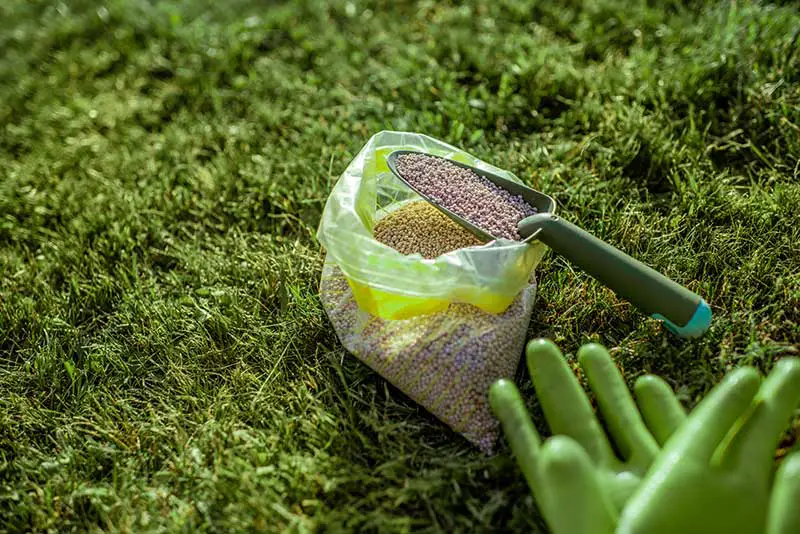
Conclusion
In summary, compost and fertilizer both play important roles in supporting plant growth and improving soil health. However, they serve different functions and work best when used in combination:
- Compost is a natural, organic material created from decomposed plant and animal matter. It enriches soil structure, provides essential nutrients, helps retain moisture, and encourages beneficial microorganisms.
- Fertilizer is a concentrated mix of chemical or organic substances designed to provide specific nutrients to plants, supporting their growth in a more immediate manner.
Choosing the right option for your garden depends on factors such as soil type, plant needs, and environmental conditions. A balanced approach that incorporates both compost and fertilizer can lead to healthier plants and a thriving ecosystem.

